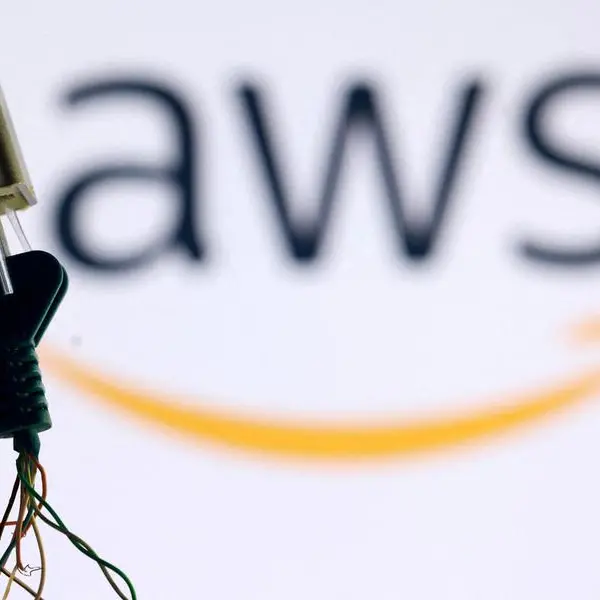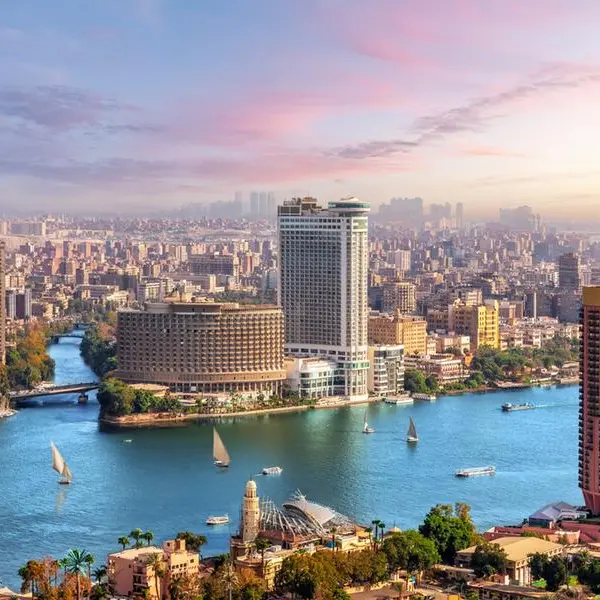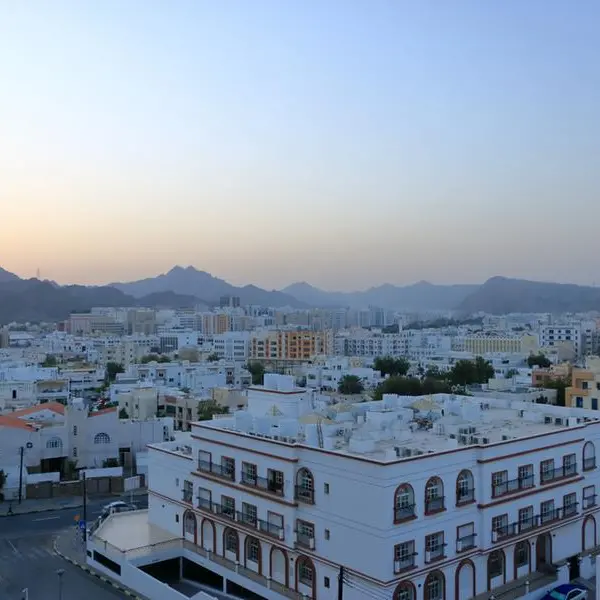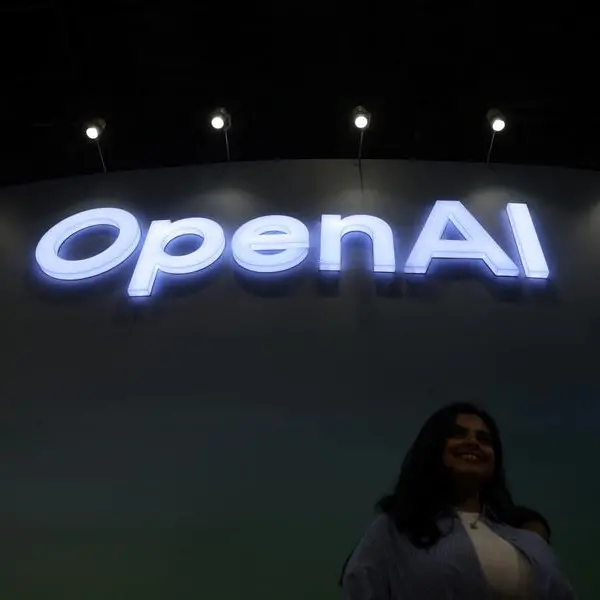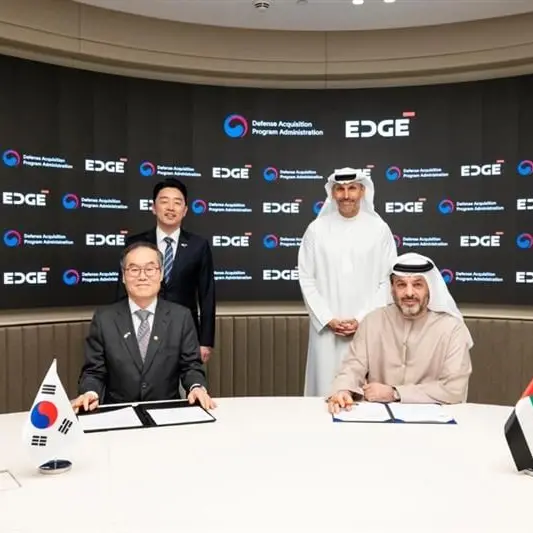PHOTO
Dubai will become the world’s leading virtual asset and crypto hub if regulators maintain flexibility and openness to work with industry leaders, according to the majority of experts speaking at the Future Blockchain Summit, held on the first day of Gitex Global 2022 in Dubai.
As part of Gitex Global 2022, more than 5,000 companies have lined up in the 20 plus halls at Dubai World Trade Centre.
“Good regulation requires innovation,” said Tim Byun, global government relations officer at OKX, a US-based cryptocurrency exchange.
“For the crypto world and for virtual currencies, bad regulations are applying old regulations to the crypto world. Here in Dubai, what we’re excited about is ‘VARA’, which has created tailored, flexible and sound regulations for the crypto industry,” Byun said.
The Virtual Assets Regulatory Authority (VARA), the world’s first independent regulator for virtual assets, was established in March 2022 by the Dubai government. It aims to establish a framework, rules and standards for virtual assets in the emirate that can be replicated globally.
“VARA is building an ecosystem that is virtual assets-specific with a clear framework,” said Alex Chehade, executive director and general manager at Binance. “This allows us to build for a future in this ecosystem and provide a safe market for investors and safe haven for people to transact. Dubai is pushing to be a first mover…[its] leadership are very open to Web 3.0 and it has come from the top down that they want this to be the focal point of the digital economy.”
Last month, crypto exchange Binance secured a license from Dubai's VARA to offer a range of crypto-related services.
With the new Minimal Viable Product license, the world's largest crypto exchange by volume can open a domestic bank account to hold clients' funds locally, operate a crypto exchange and offer payments and custody services.
Chehade predicted that in a year’s time, Dubai will have “built an ecosystem, brought in new companies and proved innovation” in the virtual assets space. But to do so, the regulator needs to work more closely with the crypto industry to facilitate dialogue.
“What we don’t want to see is where regulators don’t talk to industry. If you don’t have flexibility, you will slowly kill off innovation in this sector,” said Mark Aruliah, senior policy advisor at Elliptic, a UK-based blockchain analytics and crypto compliance company.
(Writing by Nasrin Chawshin; editing by Seban Scaria seban.scaria@lseg.com)


